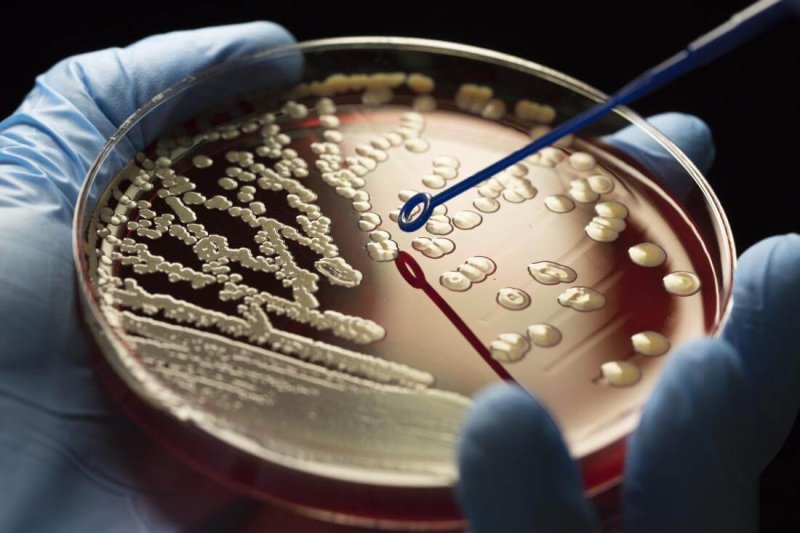One of the ways that bacteria evolve to become “antibiotic resistant” is by picking up free-floating genetic material from their environments. They then incorporate the scavenged genes into their own DNA. In this way, bacteria can collect genes shed from microbes that are already resistant, and thus, gain resistance themselves. But bacteria aren’t able to catch wayward bits of DNA without the right equipment; the “bugs” must first enter a state called “competence” to build the machinery required to scoop genetic material from their surroundings.
…
Studies suggest that several common classes of antibiotics actually drive the spread of antibiotic resistance by pushing bacteria into a stressed-out state. But now, a new study of the bacteria Streptococcus pneumoniae has highlighted a potential solution to this paradoxical problem: drugs that prevent bacteria from becoming competent in the first place.
For the study, published [March 3] in the journal Cell Host & Microbe, researchers put this strategy to the test in a mouse model and successfully blocked several strains of S. pneumoniae from becoming competent and exchanging genes inside the mice.
…
Future studies will be needed to determine whether “‘anti-evolution’ drugs can be realistically used in combination with antibiotics to prevent the spread of antibiotic resistance,” the authors noted in their paper.































